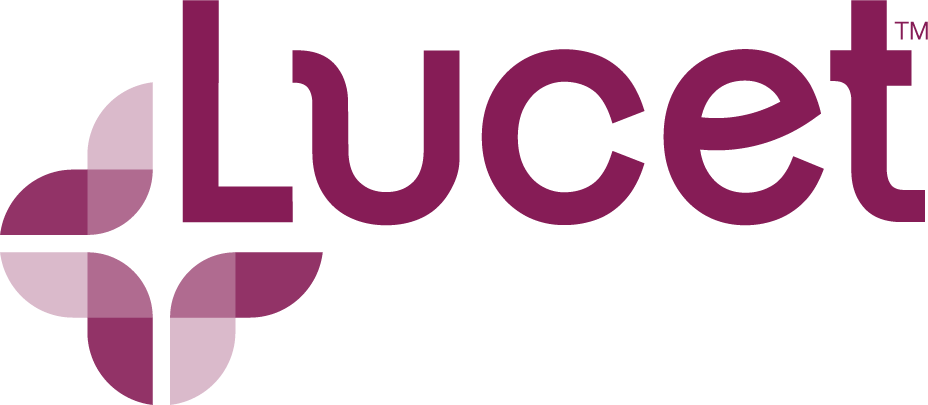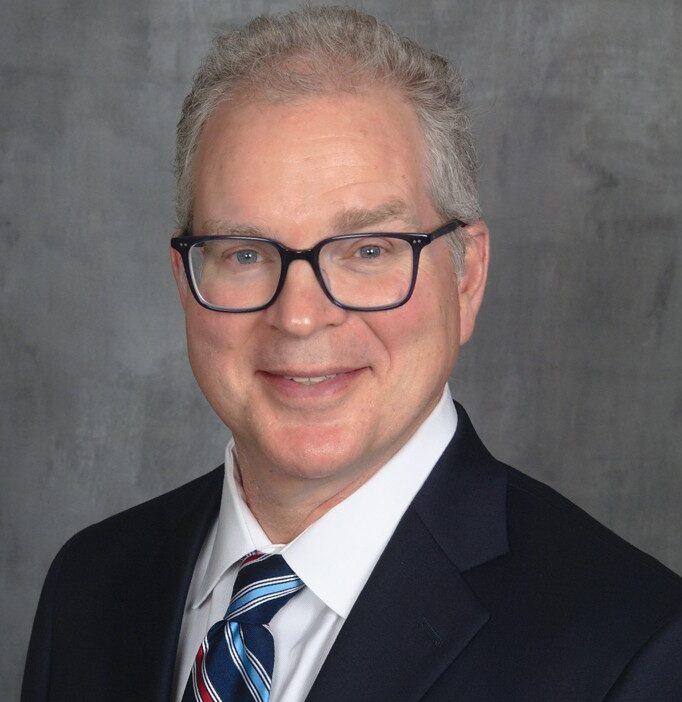A Personalized Approach to Treating Substance Use Disorder (SUD)

“The key is recognizing that there’s no single path to recovery.”
Heath Vandeventer – Senior Director, Clinical Access
There is no one-size-fits-all approach to treating substance use disorder (SUD), because the complexity of addiction requires a multi-layered, flexible approach that meets individuals where they are. For some, it may start with inpatient care, transition to outpatient programs, and eventually focus on community support or aftercare. Others may need a combination of medication, therapy and holistic treatments to stay on track. The key is recognizing that there’s no single path to recovery.
For health plans, this means offering treatment alternatives that align with the intricacies of SUD. Providing different patient-centered treatment options can lead to better outcomes, as well as deliver cost savings by delivering the right level of care from the start.
The importance of individualized treatment
Each person’s journey through SUD is deeply personal, requiring an individualized treatment plan. For some people suffering from SUD, this may involve Medication-Assisted Treatment (MAT), which uses prescribed medications to manage withdrawal symptoms and cravings. Others may respond better to 12-step programs like Alcoholics Anonymous (AA) or Narcotics Anonymous (NA), which offer community support. Behavioral therapies, including cognitive-behavioral therapy (CBT), contingency management and motivational interviewing, are also key in addressing underlying behaviors. Family and group therapy can strengthen social networks, providing support for both the individual and their loved ones. For others, alternative approaches such as mindfulness, yoga or art therapy may enhance the healing process.
Technology-enabled screening
Smart screening tools can play a crucial role in connecting individuals to the right level of care. These tech-enabled solutions are able to assess the severity of SUD, identify any co-occurring mental health conditions, and help match patients to the most appropriate treatment programs. Lucet’s Navigate & Connect uses advanced algorithms to provide real-time clinical risk assessments and then match members with the appropriate providers in a matter of days. This approach not only improves outcomes but also reduces the overall cost of care by streamlining the navigation and treatment process.
The importance of follow-up care and relapse prevention
Relapse is a common part of SUD recovery, but effective follow-up care can significantly improve long-term success. Care managers are essential in coordinating ongoing support, tracking progress, and making necessary adjustments to treatment plans. Regular check-ins help keep individuals engaged and allow for the early identification of emerging issues. Additionally, relapse prevention strategies—such as coping skills, managing triggers and emergency planning—help equip individuals with the tools needed to navigate their recovery.
Lucet’s comprehensive approach to SUD treatment
Lucet’s innovative, tech-enabled approach to SUD treatment includes personalized support and seamless transitions across all stages of recovery. From customized treatment plans to care management and regular check-ins, Lucet ensures that individuals receive consistent support throughout their journey. Health plans can enhance member outcomes, reduce unnecessary hospitalizations and emergency department visits, and ultimately improve overall well-being by leveraging Lucet’s SUD programs.
Heath Vandeventer is senior director of clinical access at Lucet, The Behavioral Health Optimization Company.




